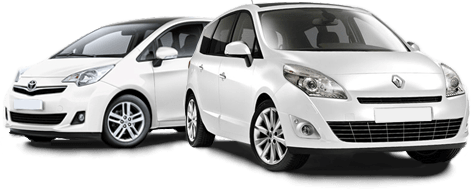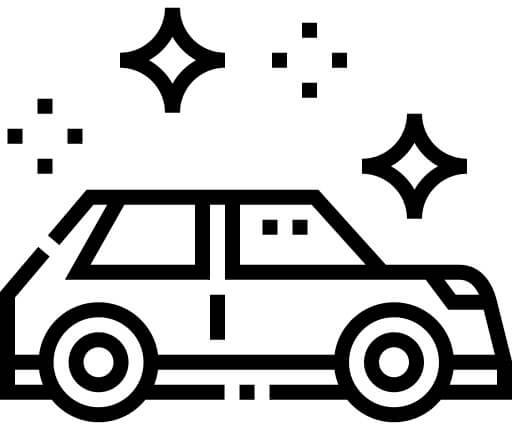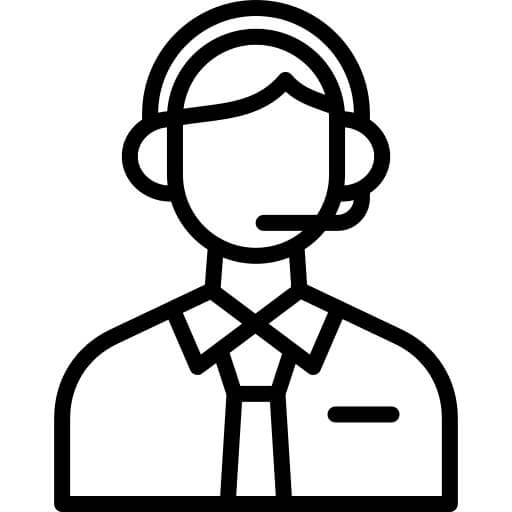Car Rental in Wisconsin | Book at Unbeatable Prices

Compare Prices and Book from the Top Car Rentals






Car Rental in Wisconsin
An Introductory Guide to Wisconsin's Landscapes, Routes, and Iconic Destinations

Known as the 'America's Dairyland', Wisconsin is a state in the upper Midwest of United States, famous for its diverse landscapes which greet you with miles of farmland, several forests, and beautiful lake shores. The journey becomes more adventurous when experienced on wheels. From thrilling Interstate Highways to panoramic country roads, the state offers an excellent driving experience filled with scenic beauty and intriguing locales.
Among the iconic destinations, Devil's Lake State Park, located in the Baraboo Range, has stunning views and trails perfect for any nature lover. If you're into history, exploring the maritime heritage of Door County, or visiting The House on the Rock, is a must-do. Madison, the state capital, renowned for its lively urban scene combined with charming natural beauty, makes for an attractive stop.
One of Wisconsin's famous road trips is the Great River Road along the Mississippi which offers stunning river views. State Highway 42 is another preferred route by those who love driving, as it leads to the iconic Door County peninsula. No matter where you head, Wisconsin assures a captivating journey, combining natural beauty with rich history and welcoming locals.





